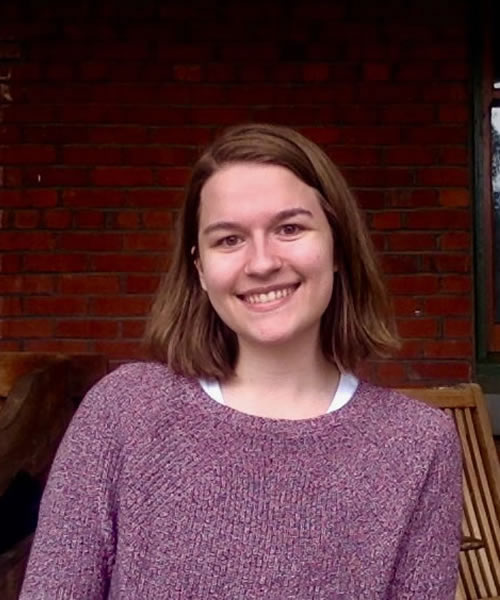“What are the three things you don’t talk about in the United States?”
“Money, politics, and religion.”
“The first thing Swedes will talk to you about will probably be one of these.”
These comments were exchanged during my study abroad orientation before I came to Sweden. A quick Google search will reveal how much Swedes practice straightforwardness and honesty to the point of being considered “blunt” or “rude” by Americans. This perception is not wrong exactly—I knew who everyone in my host family had voted for in the most recent election by the end of my first day in Sweden—but it also isn’t that simple.
That being said, simplicity is a Scandinavian value. Like most aspects of culture, it is reflected in their languages. My host family often refers to English as a “word rich” language; this is a nice way of saying that we use a lot of words when a few will suffice. In contrast, while the Swedish Academy’s most recent dictionary included 600,000 words, the SOAL (a dictionary with only commonly used words) includes only 126,000 words. This creates a different style of communication, often leaving me trying to read between the lines of sentences that aren’t there because one or two words sufficed. While American culture has turned the response of “K” into a joke because of its accepted “obvious” rudeness, Swedes would question why you would say anything more if “K” would suffice. Homestay students were assured in our first days, “Your host parents aren’t mad; that’s just how Swedes text.” I am still working on not ending every text to them with a cheerful exclamation point.
This does not mean that Swedes don’t communicate with each other. It just means that communication is direct. My host brother gives his dad feedback about the dinner food, and his dad says thank you instead of being insulted. My host dad tells my host mom that the family is making him feel unheard while we’re all casually watching TV together. My host brother asks me if I’ve ever kissed another girl like he’s asking if I have ever ridden a bike. This has often left me feeling uncomfortable, as I was raised to be private and “polite.”
Once while talking about my obvious discomfort, my host brother explained that it’s seen as rude to not answer personal questions because someone is showing that they care about you enough to ask. This makes sense in a culture where you do not say hi to strangers or stand too close at the bus stop. I explained that I was taught it is rude to ask such questions in the first place; the most common response to “How are you doing?” is probably “Good. Can I get a grande latte?”
This cross-cultural conflict is largely rooted in a different understanding of private versus public. This is what explains the seemingly conflicting Swedish characteristics of reservedness and direct honesty. The public is a place to be quiet and blend in. The private is a place be open and honest. I think this is why it is considered hard to become friends with Swedes; you have to move from the public to private sphere of their life. A Swede was telling me how Swedish culture is only expressing heavy emotions to family or close friends (private sphere), and how it seems like Americans are a lot more emotionally expressive. I countered that it feels like Americans are loud about shallow or easy emotions (e.g. loudly laughing with friends on the bus), but silent about heavier ones (e.g. “I had no idea they were depressed”).
You cannot talk about something you do not have the words for, but you also can’t easily say something you have never been given the space to talk about. Swedes may use fewer words than Americans, but they have proven themselves capable of communicating so much more than me. I often find myself struggling to answer their questions or form responses, trying to string together words I have said a million times individually to describe ideas I have maybe never spoken aloud. These moments of discomfort have forced me to contend with the boundaries I have been taught to set in dialogues with family, friends, and myself. I can only hope that I leave Sweden comfortable speaking less and saying more.

